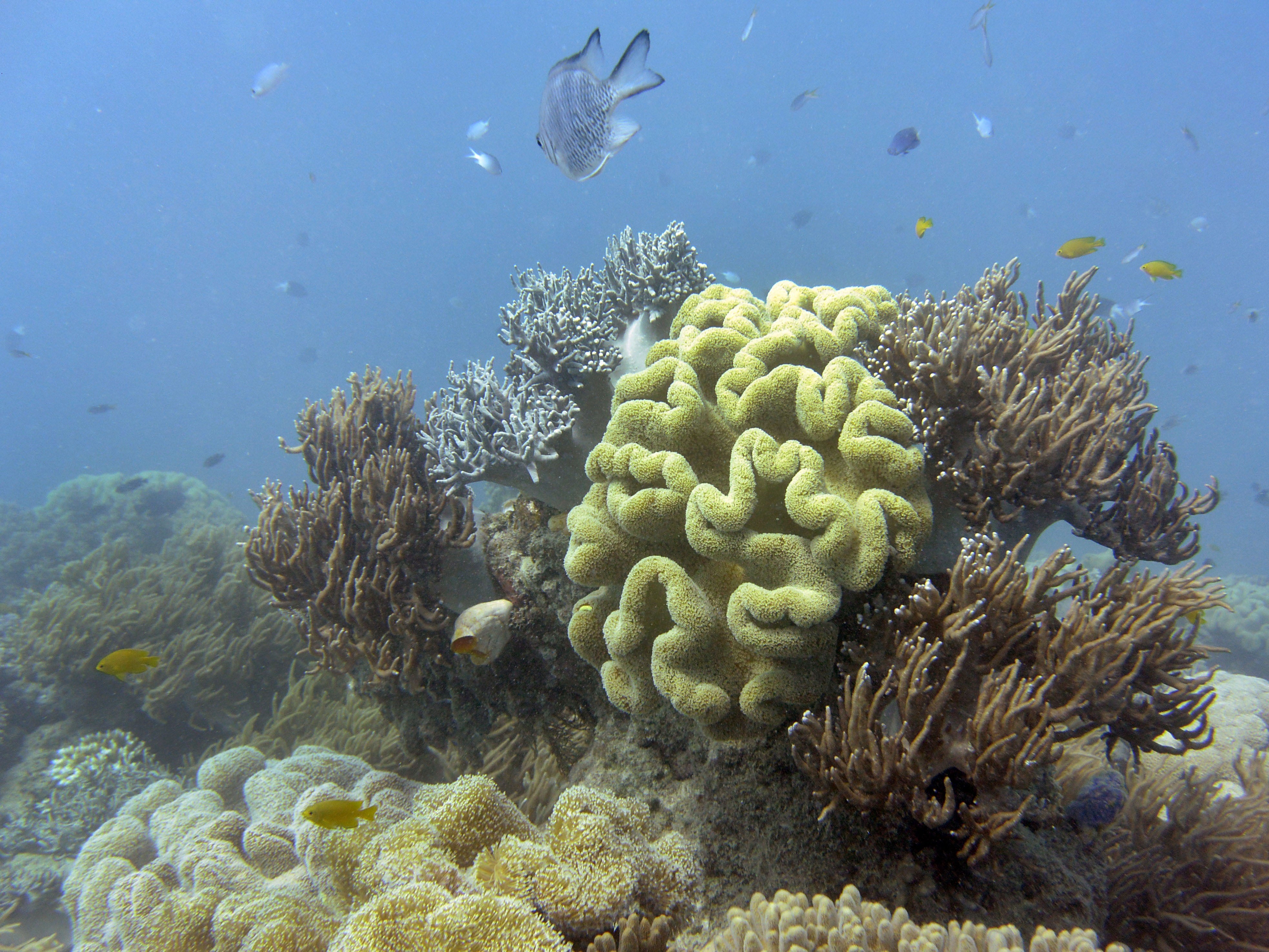Study suggests Australia’s Great Barrier Reef can still be saved – if global warming kept to 1.5C
Only 2 per cent of Great Barrier Reef remains unaffected by bleaching since 1998

Australia’s Great Barrier Reef has a chance of survival if global warming can be limited to 1.5C, a target that the Paris agreement also demands, according to a new study.
The study published on Friday by an Australian university showed that only two per cent of the reef has remained unaffected by bleaching since 1998.
Bleaching is a phenomenon where coral reefs begin to lose their colour and turn white as heat waves increase the temperature of sea water. Many coral reefs also struggle to survive due to the heat.
“If we can hold global warming to 1.5 degrees global average warming then I think we’ll still have a vibrant Great Barrier Reef,” the study’s lead author, professor Terry Hughes, of the Australian Research Council’s Centre of Excellence for Coral Reef Studies said, according to Reuters.
Professor Hughes said that even the most remote, most pristine parts of the Great Barrier Reef have now bleached severely at least once, due to increasing heat waves. And what makes it worse is the frequency of bleaching events, which does not give enough time for the corals to recover.
The lead author of the study demanded stricter measures from Australia to protect the reefs. But the country has already refused to promise to cut methane emissions at the Cop26 summit.
“The government is still issuing permits for new coal mines and for new methane gas deals and it’s simply irresponsible in terms of Australia’s responsibilities to the Great Barrier Reef,” Mr Hughes said. “If we go to 3, 4 degrees of global average warming, which is tragically the trajectory we are currently on, then there won’t be much left of the Great Barrier Reef or any other coral reefs throughout the tropics.”
The 1.5C target was also the focus of the Cop26 in Glasgow. But despite updated climate action goals announced by world leaders at the summit, projections have found that warming would be limited to 1.8C if all nations matched their net-zero pledges and stuck to plans to slash methane emissions by 2030.
A snap analysis published on Wednesday found that pledges announced at Cop26 could be enough to put the world on track to limiting global temperature rise to 1.9C – an improvement on earlier estimates but still above the Paris Agreement’s aspiration of 1.5C. Global temperatures have already risen by more than 1C since pre-industrial times, leading to an increase in the frequency and severity of costly extreme weather events such as heatwaves, floods and typhoons.
Subscribe to Independent Premium to bookmark this article
Want to bookmark your favourite articles and stories to read or reference later? Start your Independent Premium subscription today.

Join our commenting forum
Join thought-provoking conversations, follow other Independent readers and see their replies